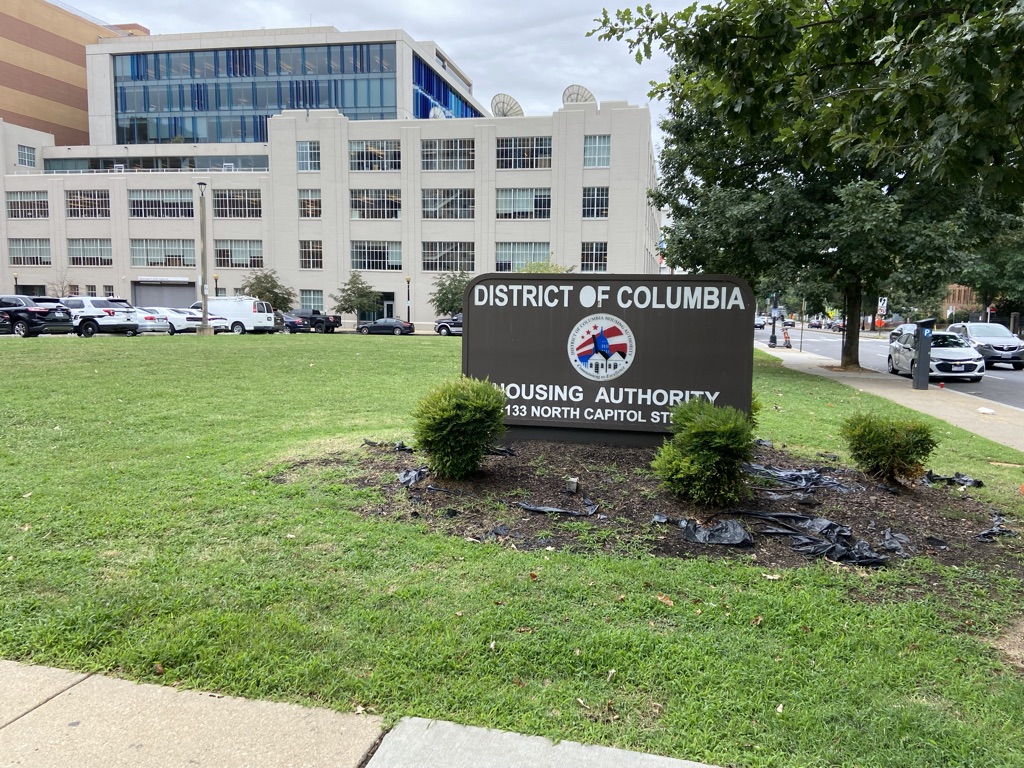In January, Secretary Ben Carson of the Department of Housing and Urban Development (HUD) stated clearly that ending homelessness will require “embracing a housing-first approach” and emphasized that it is more cost-effective to house people than to maintain homelessness.
But the secretary’s words proved empty last month, when a proposal for harmful cuts to housing assistance emerged from HUD. The proposal would increase how much families on housing assistance are required to pay for rent—from 30 percent of adjusted income to 35 percent of gross income—tripling the rent for some families. It would also encourage work requirements, unfairly putting many at risk of losing their housing through no fault of their own.
According to the Center on Budget and Policy Priorities, this proposal, if passed, could result in millions of individuals losing their homes and nearly 1 million children being thrown into homelessness. The typical household affected by the minimum rent increase would be a single mother of two earning about $200 a month. If rent skyrockets from $50 to $150, there would only be $50 left to pay for diapers, toiletries, transportation and other essentials not included in the Supplemental Nutrition Assistance Program (SNAP). Fifty dollars wouldn’t go very far.
These proposals are rooted in the unfounded theory that low-income families do not work hard enough and need incentive to work harder—a harmful myth. Many, such as the majority of SNAP recipients with children, already work; their wages are simply not enough. And sometimes working full-time is not an option because of health reasons, having to take care of children or elderly persons, or simply because jobs are not available. Even if you can’t work 40 hours a week, you still need food, health care and a home.
Juxtaposed with the recent tax break to America’s wealthiest, which will cost the nation trillions in lost tax revenue, cuts to assistance for our most vulnerable neighbors are nothing short of cruel. Preventing and ending poverty is not only morally necessary but also a wise move financially. According to an analysis of Congressional Budget Office data, for every dollar spent on eliminating childhood poverty, the nation saves $7 with regards to economic costs of poverty.
Decreasing assistance for low-income families will not increase economic mobility; it will only aggravate the growing affordable housing-crisis. Currently, only 1 in 4 households that are poor enough to qualify for housing assistance actually receives it. It can take years—even decades—to finally move through the list and receive rental assistance. If you decrease the value of a voucher, you increase the likelihood that an impoverished family will be unable to maintain rent payments and will lose housing.
Too many hardworking American families are already one car breakdown, health crisis or other unforeseen financial burden away from losing their homes. Decreasing assistance will not decrease need—it will only intensify demand. Carson’s plan will not magically produce livable wage-paying jobs, access to healthy food, or affordable health care. We already know what works to eradicate poverty: a strong social safety net and adequate, affordable housing. As a leader who says he is committed to ending homelessness, Carson should direct HUD’s efforts toward proven solutions.







